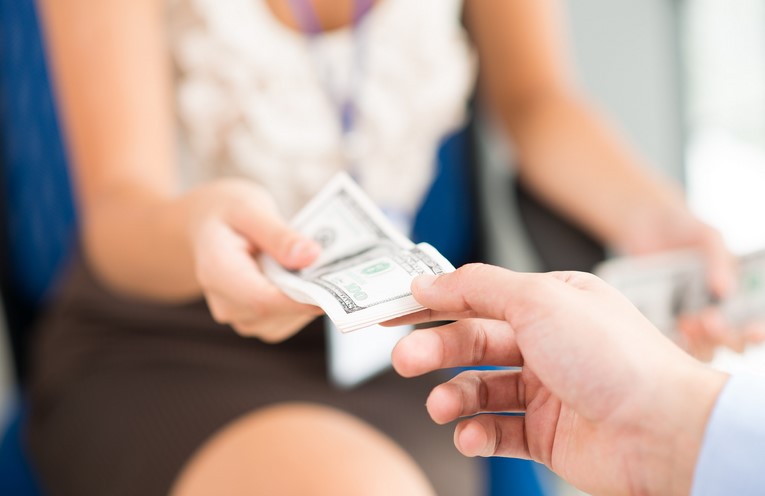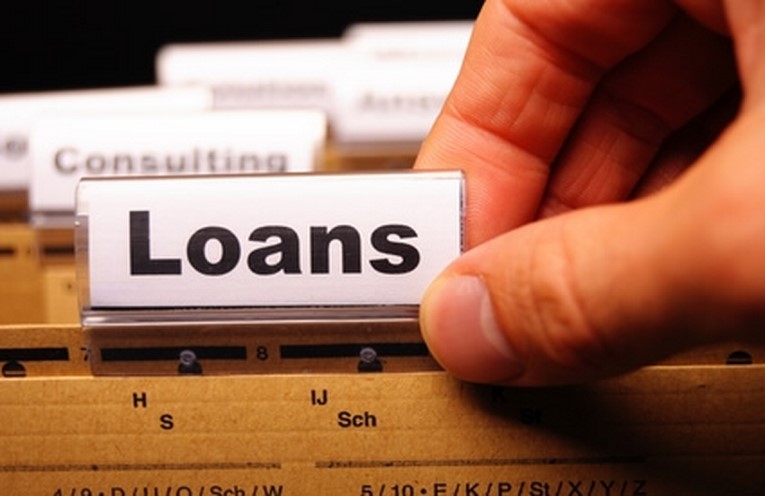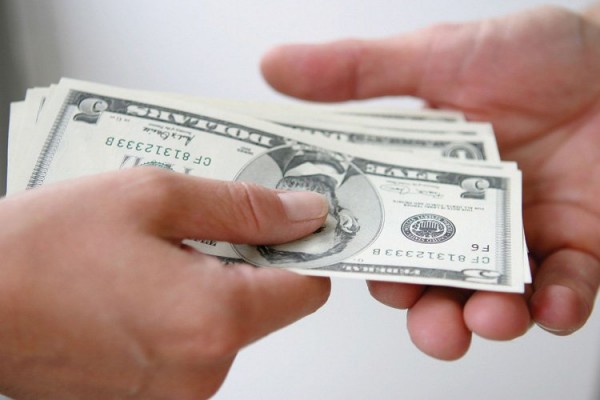There is a general belief that securing loans with no form of collateral is practically impossible when bad credit is part of the equation. But there are ways of convincing lenders to grant the funds needed. Getting an unsecured personal loan with bad credit requires the same qualifications as getting one with excellent credit ratings.
Lenders often acknowledge that the reasons for poor ratings may not be the fault of the applicant, so the idea of getting loan approval with no security to speak of is not rejected as a matter of policy. All that is really needed is to tick the right boxes with the information provided in the application form.
However, it is necessary to accept some compromises when seeking unsecured personal loans. For example, the interest rate charged is going to be higher, the repayment schedule may not be very flexible, and the loan limit may be very low. Still, good terms can be secured if some issues are considered in advance.
Why Unsecured Beats Secured Loans
There are two basic loans available from lenders: namely, secured and unsecured. The difference between them is the presence of some form of collateral from which the lender can gain compensation should the loan is defaulted upon. Getting unsecured personal loans with bad credit is clearly the most difficult, but more people seek these loans than secured loans.
The fact is that, while secured loans are more likely to be approved, there can be a problem in finding something to use as collateral. Sometimes, the item being purchased becomes the security (like the car in an auto loan), but getting loan approval with nothing provided as security, means your new purchase is not at risk.
Lenders can only approve an unsecured personal loan based on the income of the applicant, and this has little to do with bad credit. For that reason, it is always possible to bypass the issue of bad credit scores, making approval more likely.
How Important is Income?
It comes as no surprise that income is extremely important when seeking unsecured personal loans with bad credit, but the degree of its significance is often more than people think. For example, having a large monthly salary is not enough to guarantee loan approval; there are more pressing factors at work.
For example, if an applicant enjoys an income of $5,000 each month, what really matters is how much debt already needs to be covered by it. Knowing this reveals the amount of excess income free to cover a new loan repayment. Therefore, getting loan approval depends more on the debt-to-income ratio, than on the income itself.
The debt-to-income ratio is set at 40:60, which means no more than 40% of income is allowed to be used to repay debts. This is to ensure there is enough left over to deal with everyday expenses, and any unforeseen expenses. Only if the figures fit within this 40% marker can an unsecured personal loan be approved.
Keeping Applications Realistic
The biggest mistake that is made by applicants is to look for the maximum sum they think they can get. Keeping an application realistic makes it more likely to get an unsecured personal loan with bad credit. The key factor is that the repayments must be affordable, so applying for a loan of $20,000, when $15,000 is what is needed, could lead to a disappointing conclusion.
Generally speaking, small loans are ideal. Getting loan approval on $3,000 is a lot easier when there is no collateral offered, than seeking $20,000. This is because the lender knows that the repayments are manageable. The fact is that unsecured personal loans are a perfect opportunity to restore credit reputation, even if it means taking it step by step.





